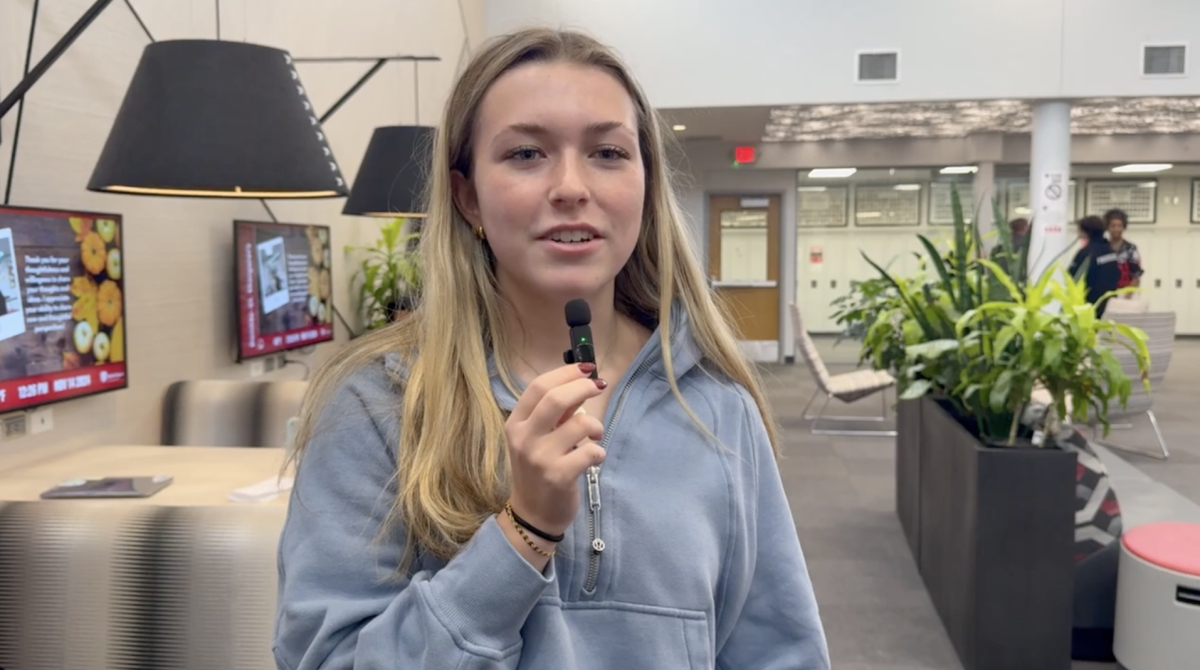Jen Deglmann has come a long way from the Moscow orphanage where she spent the first 18 months of her life. With the dedication and determination of her mom, the BSM junior overcame disease, injury, and malnourishment.
LIFE IN THE ORPHANAGE
Originally named Olga Vladimirovna Matveychuk, Jen Deglmann was born in the city of Kharkov, Ukraine. “There were a few different spellings in the papers,” said Deglmann, “which I can’t imagine is very legal.” She was born two months premature and only weighed two pounds. Initially doctors believed that she had Fetal Alcohol Syndrome.
Immediately after her birth, Jen was moved to orphanage number four in Moscow where conditions were less than ideal for a newborn. “I got a bottle two times a day with gross mush and milk, and that was it,” said Jenny.
While in the orphanage, Jen also developed Rickets, a vitamin D deficiency. “My bones were so weak that one day, when I was just learning to walk, I broke my right leg when I fell,” she said. Jen was placed in a full-body cast.
Due to the conditions in the orphanage, Jen became severely under-developed compared to the average infant. “When I was 18 months old, I didn’t talk at all, not even mumble words,” said Jen. She had no hair and no teeth. “I was basically at the level of a four-month-old.”
Moscow doctors also thought that Jen might have been mentally disabled or have had brain cancer. “That led to them being insanely protective and kind of ridiculous about letting me get adopted,” said Jen. But, 4,000 miles away in Bloomington, Minnesota, Jen’s future mom and dad were fighting for her chance at a better life.
FINDING JEN
Julie and Alan Deglmann, Jen’s parents, had been searching for a child to adopt for over three years. “Since we were unable to have children, we knew adoption was the answer,” said Julie Deglmann. “We felt we would be helping a child already born and one who needed a home.”
The Deglmanns already had one son, Tom “We wanted a second child, specifically a daughter,” Julie said. Tom was adopted through a domestic agency, and for their second adoption, the Deglmanns also initially turned to domestic adoption. “We made several attempts…and were not successful for various reasons,” she said, “so we knew we had to consider international adoption.”
It took the Deglmanns over three years until they narrowed their search. After researching several different countries, they made their decision. “We settled on Ukraine because we had heard that there were lots of children in orphanages [that were] available for adoption within a reasonable time frame,” said Julie.
Once the Deglmanns settled on Ukraine, they began working with the Hope Agency. It was this agency that sent them their first pictures of Jenny from when she was nine months old. “Jenny’s eyes were bright, big, and beautiful,” Julie said. “From the moment I looked at her picture, I knew she was the child that we would adopt.”
GETTING JEN HOME
Once focused on the Ukraine, it took 11 months to finally get Jen home. The process was especially complicated because not many children had been adopted from that country before. “I was one of the first babies to be adopted out of the Ukraine after the U.S.S.R. was demolished,” said Jenny.
Because Ukrainian adoptions were new to the U.S., it was extremely difficult to understand the Ukrainian paper work. It took hours of work and many people to finally figure out the documents. “We had professionals form Minnesota, Texas, Arkansas, Georgia, and Senator David Durenberger’s office in Washington D.C. all working to get the paperwork straightened out,” said Julie Deglmann.
On top of the already complicated adoption, the Ukraine government made issues even more difficult. “I think [Ukraine] wanted to keep their children even if it meant starving them and kicking them out when they were 18,” said Jenny. “The adoption process in general was basically hell for my mom.”
Because Jenny’s Ukrainian name was spelled so many different ways, it caused many issues. “At one point the Ukraine [government] thought I was three different babies, and then the INS [Immigration Naturalization Services] thought my mom was trying to kidnap me based on what the Ukraine was saying,” said Jenny.
The Ukraine government caused other issues for the Deglmanns. “The Ukraine government would call [my mom] and tell her I was coming and then a day later tell her they were calling off the adoption,” said Jenny. “That happened at least three times.”
Jenny’s medical issues also complicated matters. “Because I was in a body cast, [the Ukrainian government] was worried I wouldn’t get enough medical attention in the United States,” said Jenny. “It was seriously a joke.”
But finally, after almost a year, Jenny’s adoption papers were approved. On July 9, 1993, escorted by a Ukrainian government official, Jenny arrived in the U.S. “The excitement was unbelievable,” said Julie. “We were very relieved to finally have her home.”
BEGINNING A NEW LIFE
Though exciting, it was not easy at first to have Jen home. “We had a number of adjustments to make because Jen had rickets and a broken leg when she arrived,” said Julie. “The first several weeks were intense getting her to physicians to determine the extent of her malnutrition, condition of her leg, and sleep schedule.”
When Jen first arrived in the United States, she suffered from frequent nightmares, but other than that the transition for the 18-month-old was fairly easy. Eventually Jen overcame the illnesses she arrived in the U.S. with. “It’s a miracle I’m as healthy as I am with no complications,” said Jen.
Because of everything they went through, Jen and her mom hope to one day start a non-profit organization helping other people through the adoption process. “My mom and I really want to help other families adopt,” said Jen. “We know of a few families who are going through similar difficulties financially and even emotionally trying to adopt a child from Russia or other European countries.”
Though they have no immediate plans, both Jen and her mom have ideas about the organization. “We would provide resource materials, support, and financial donations to help families adopt children in orphanages from the Ukraine,” said Julie Deglmann.
Jen also hopes to visit the Ukraine when she’s older. “One day I definitely want to go back, even if just to see the country or the city I was born in,” said Jen. “I would love to find my parents, and I will try, but I’m aware that it will be insanely difficult and maybe even impossible.”
Even after all the hardships and terrible conditions she endured as an infant, Jen believes that she is very lucky. “My mom spent so much effort to get me, it’s indescribable,” she said. “There were thousands of other children who could have been adopted but my mom wanted me.”

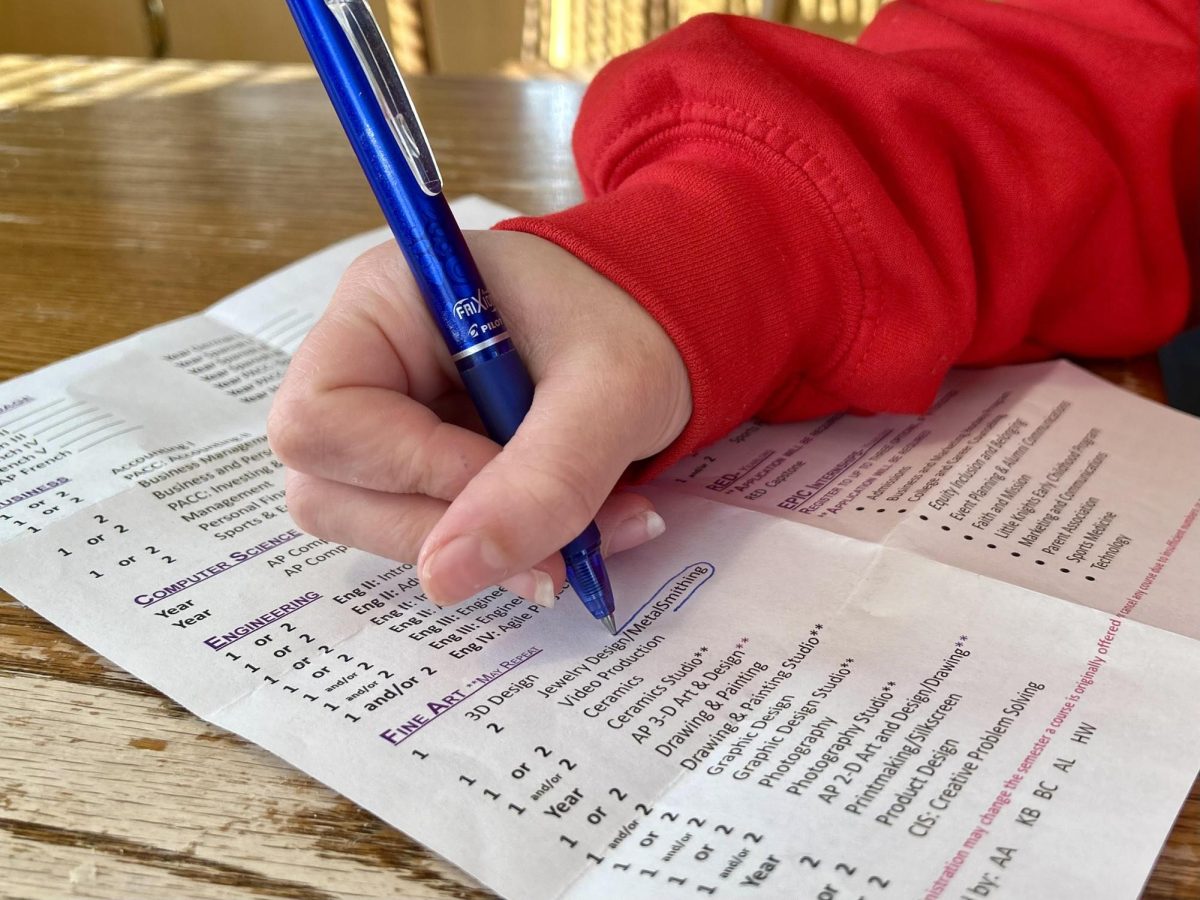

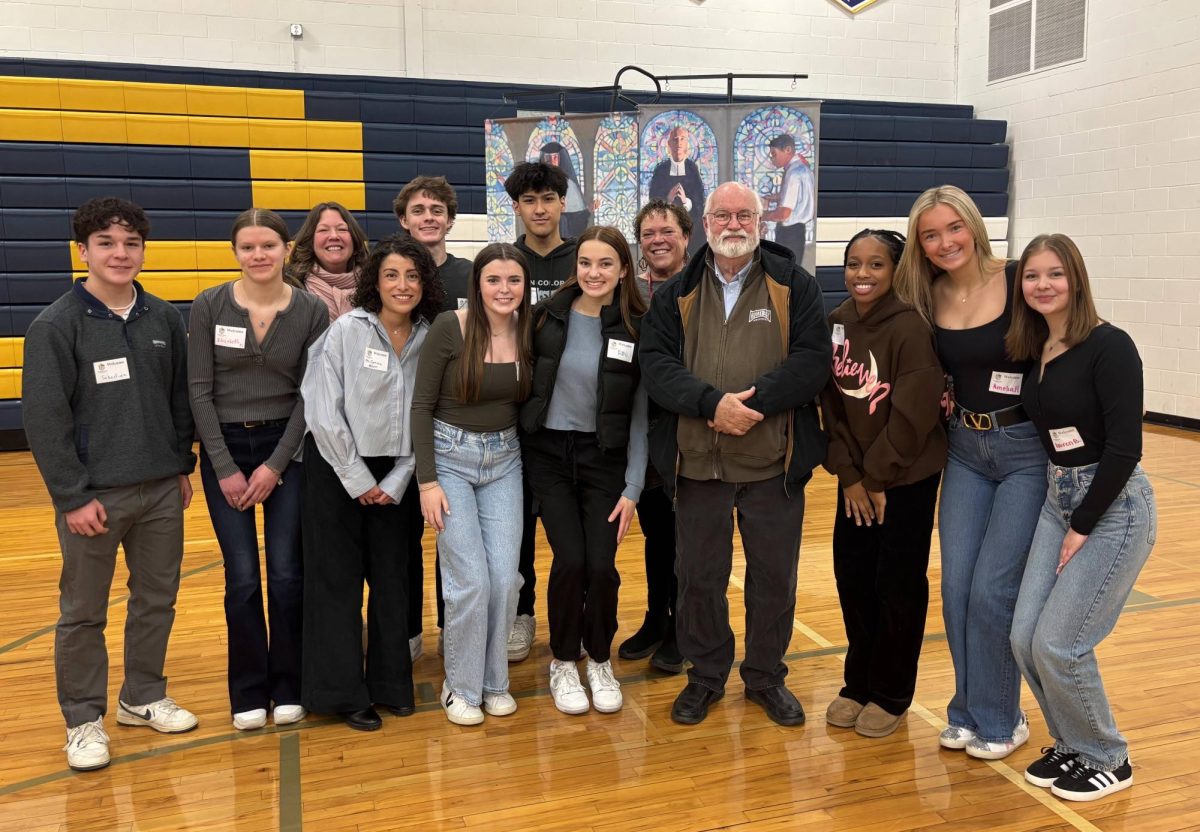

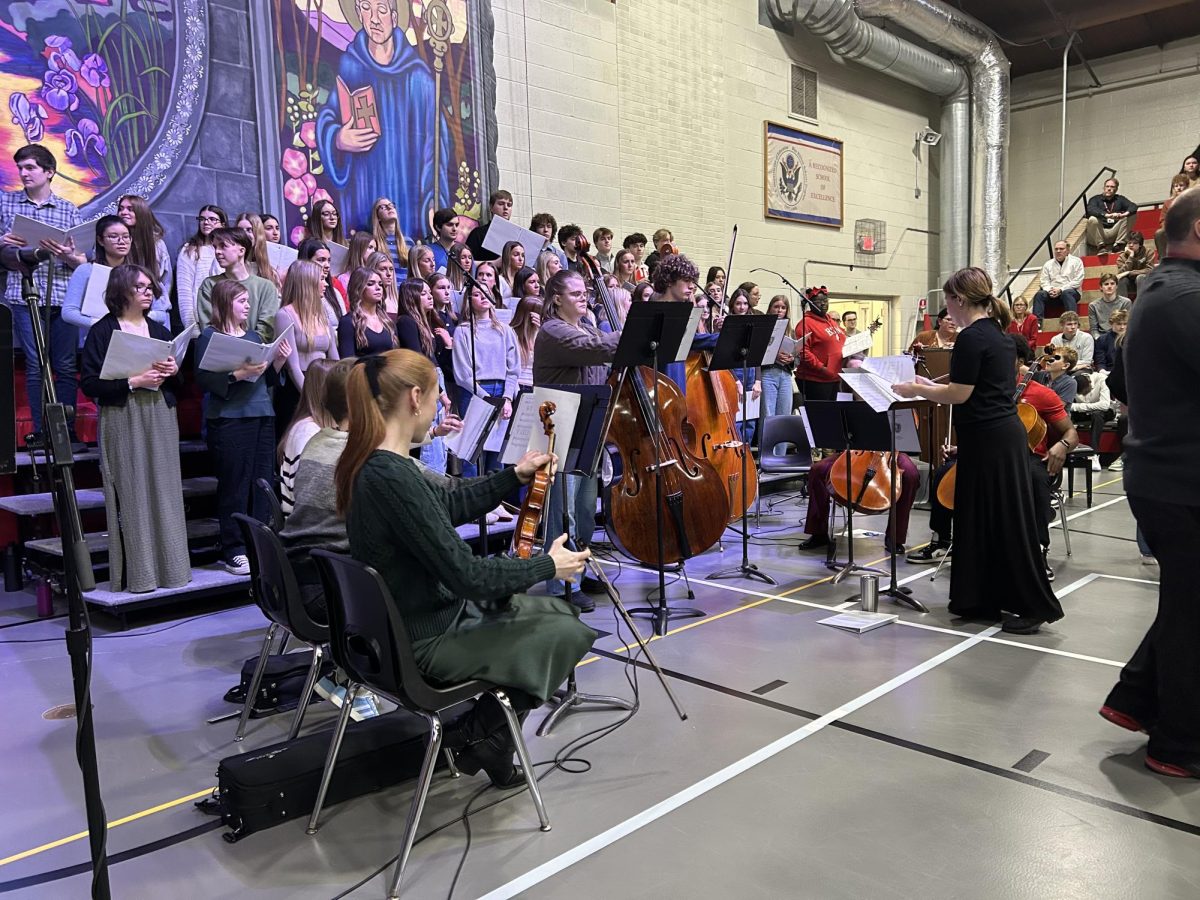
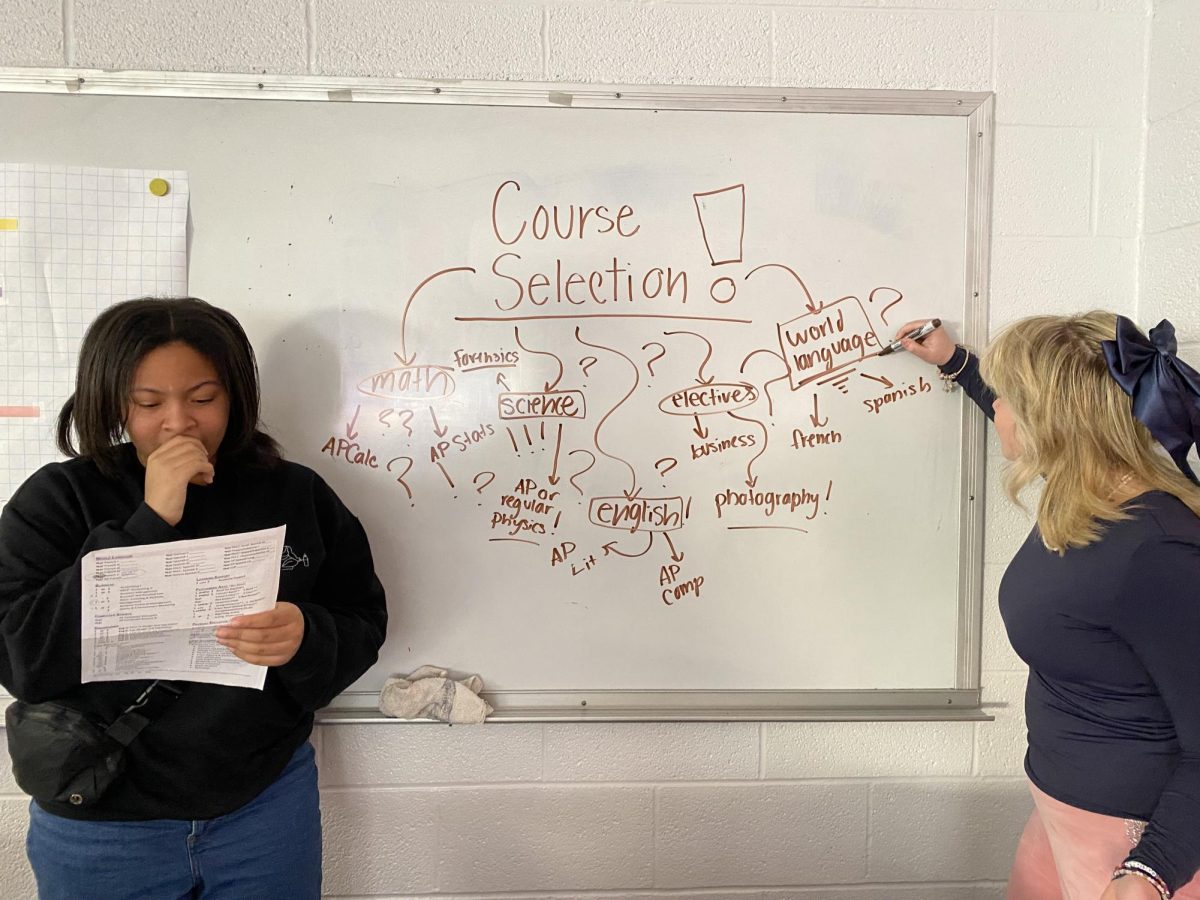
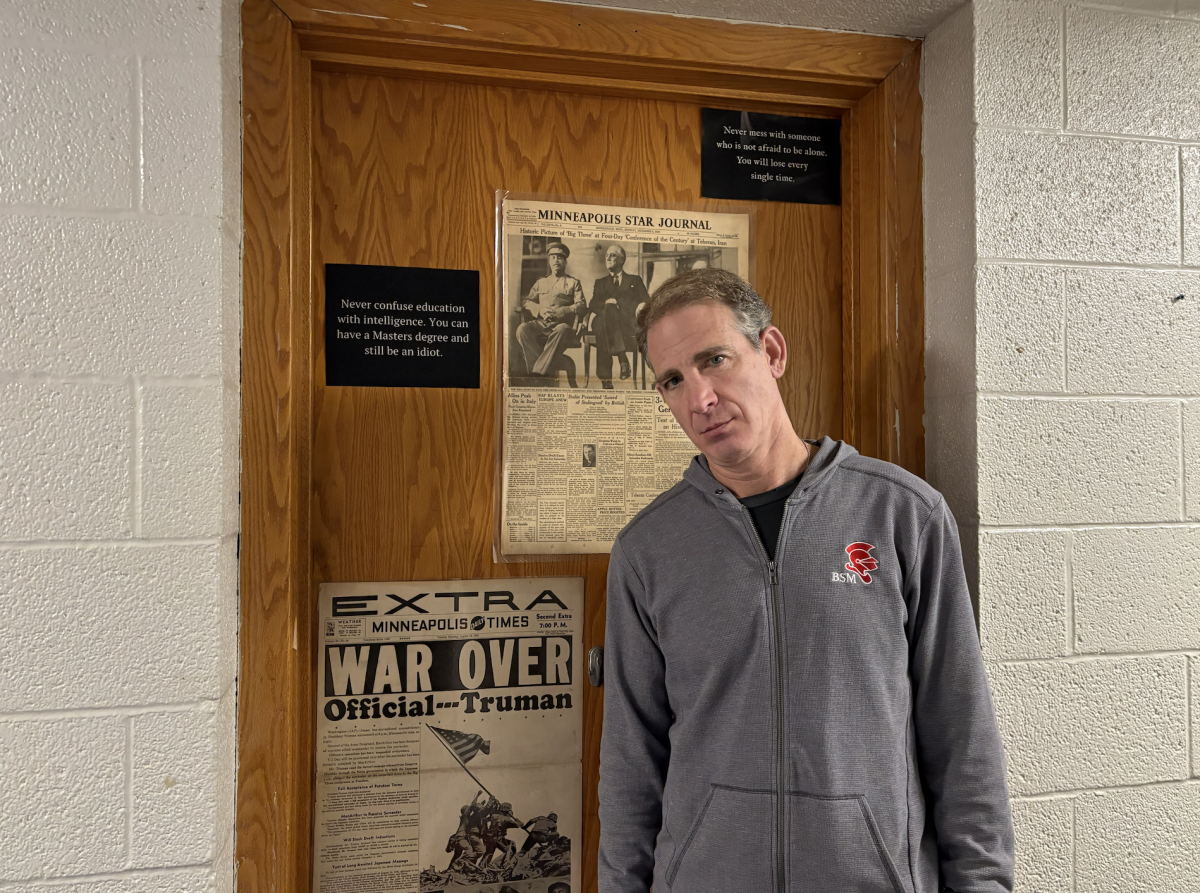

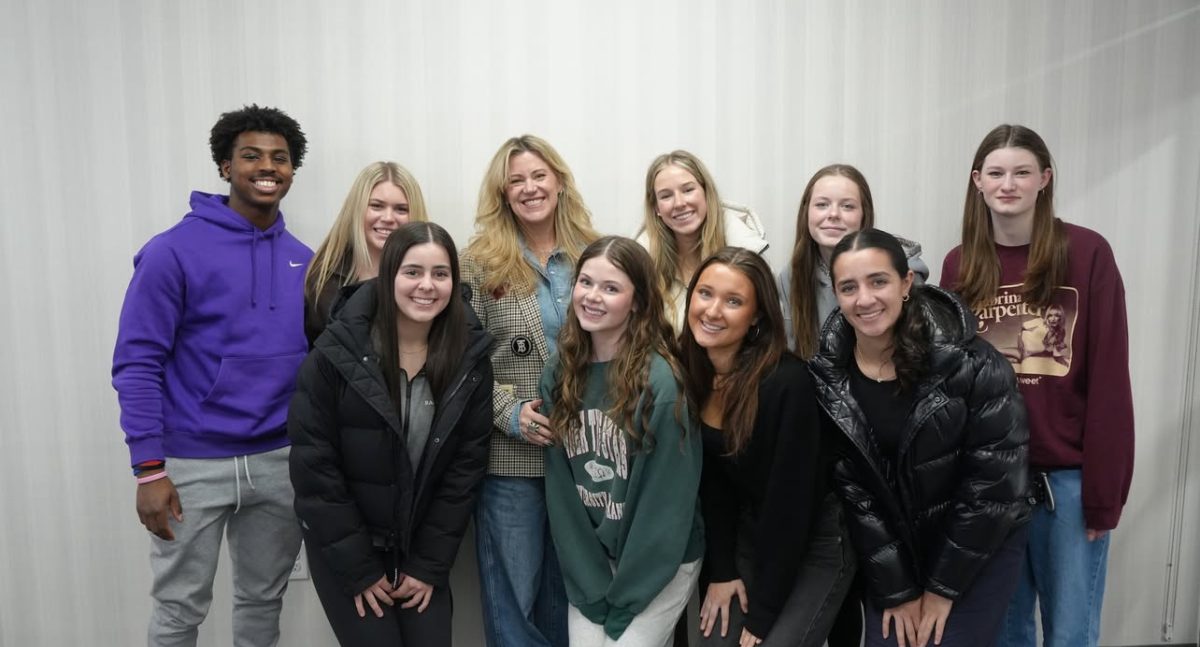
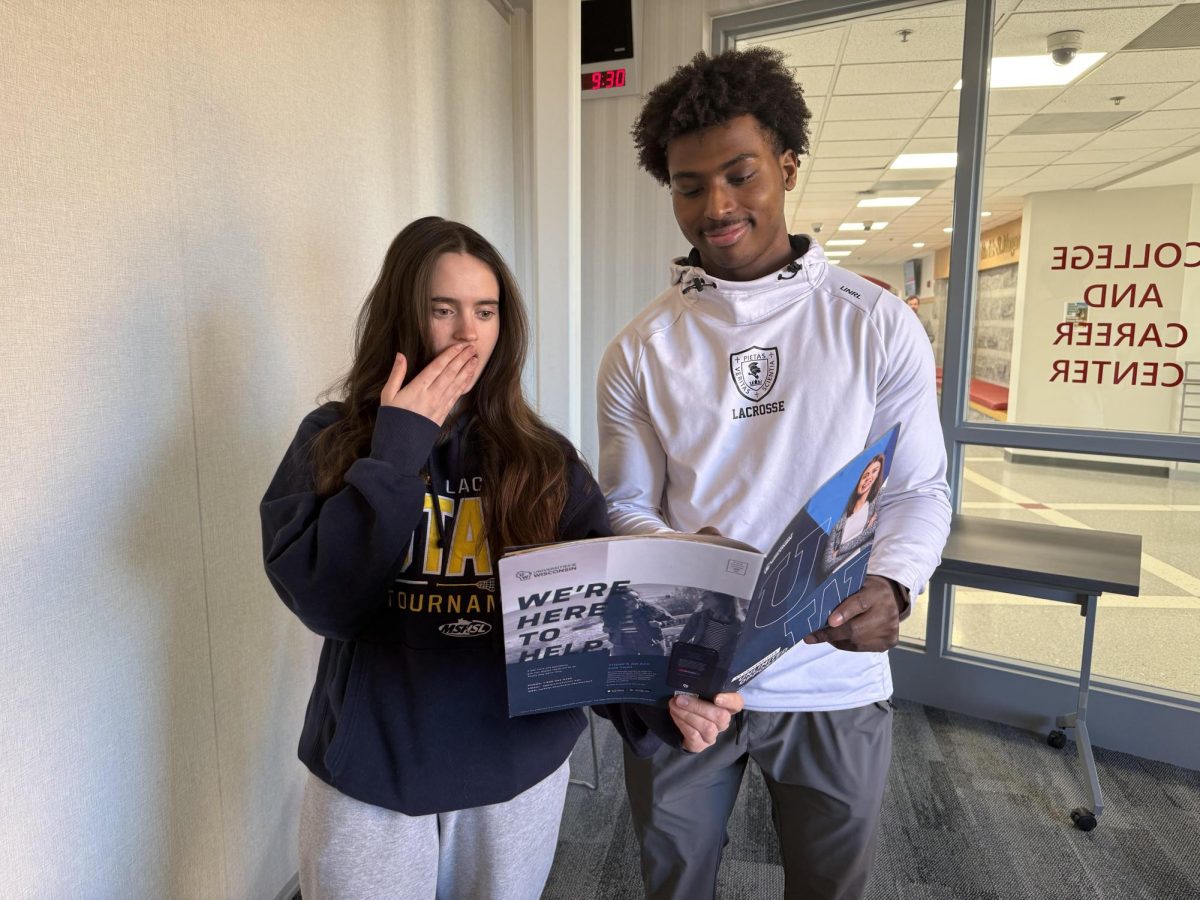


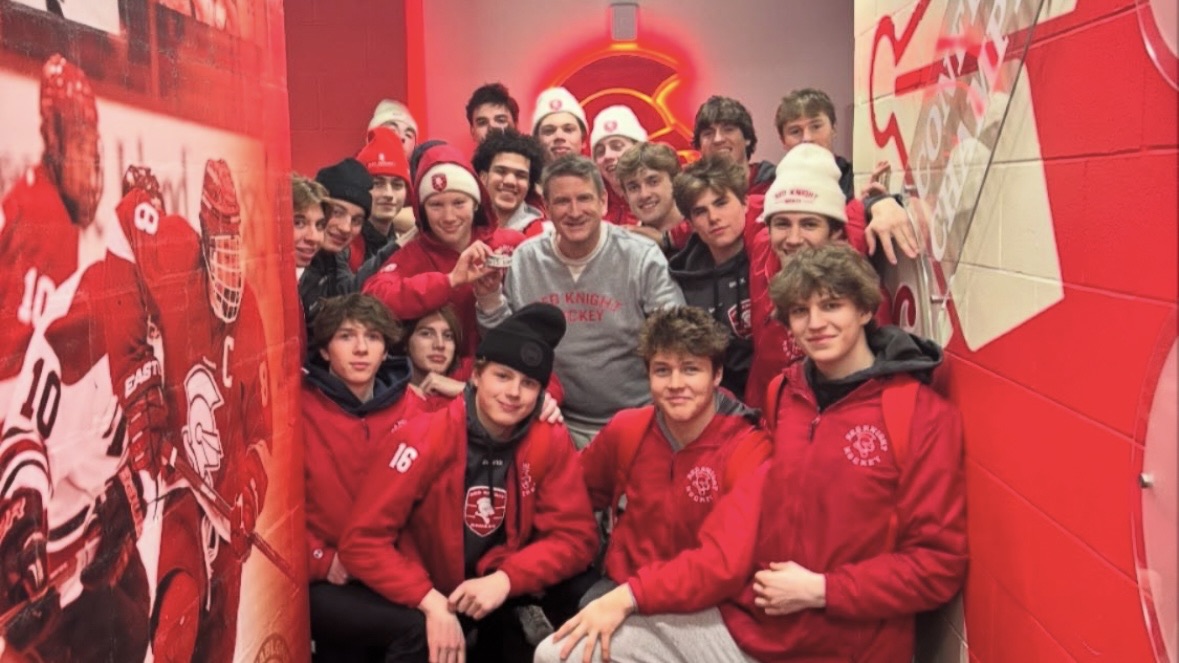
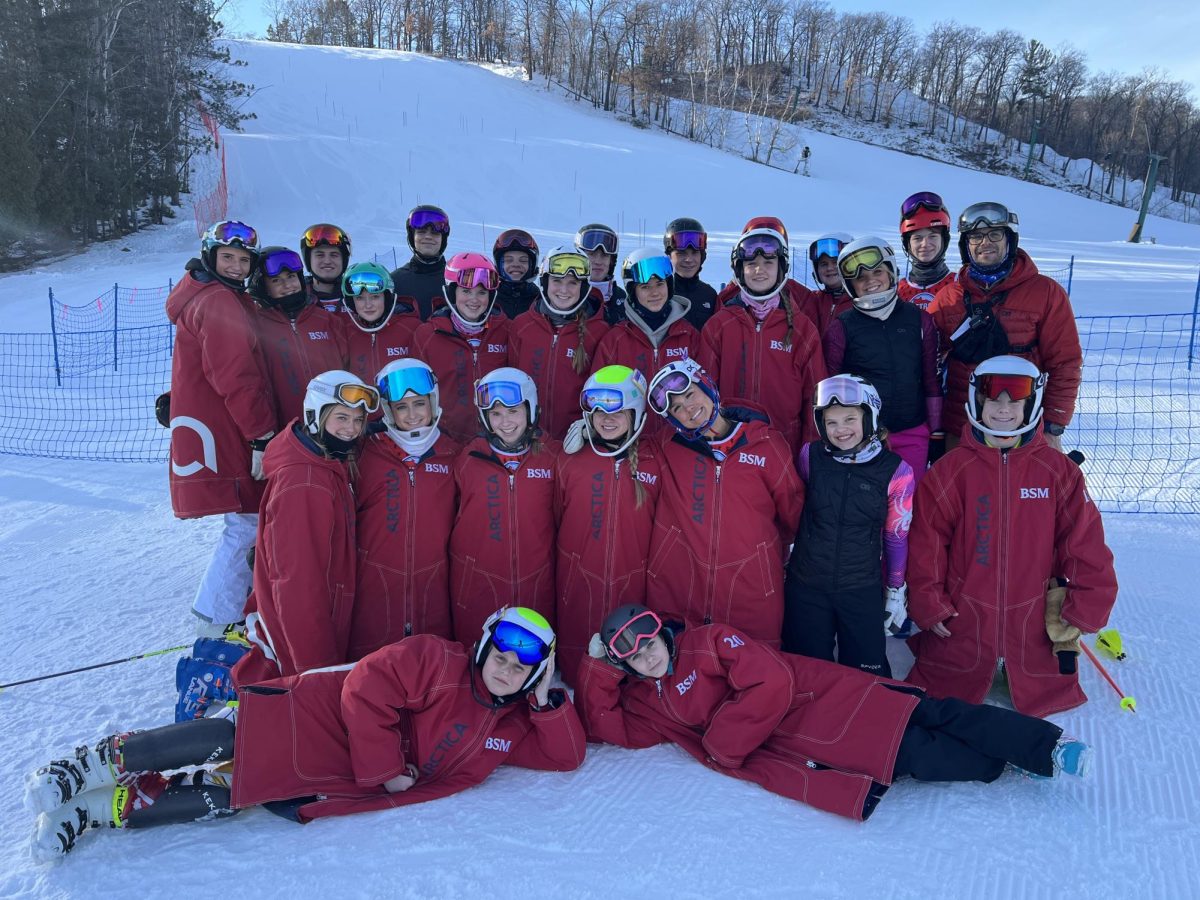
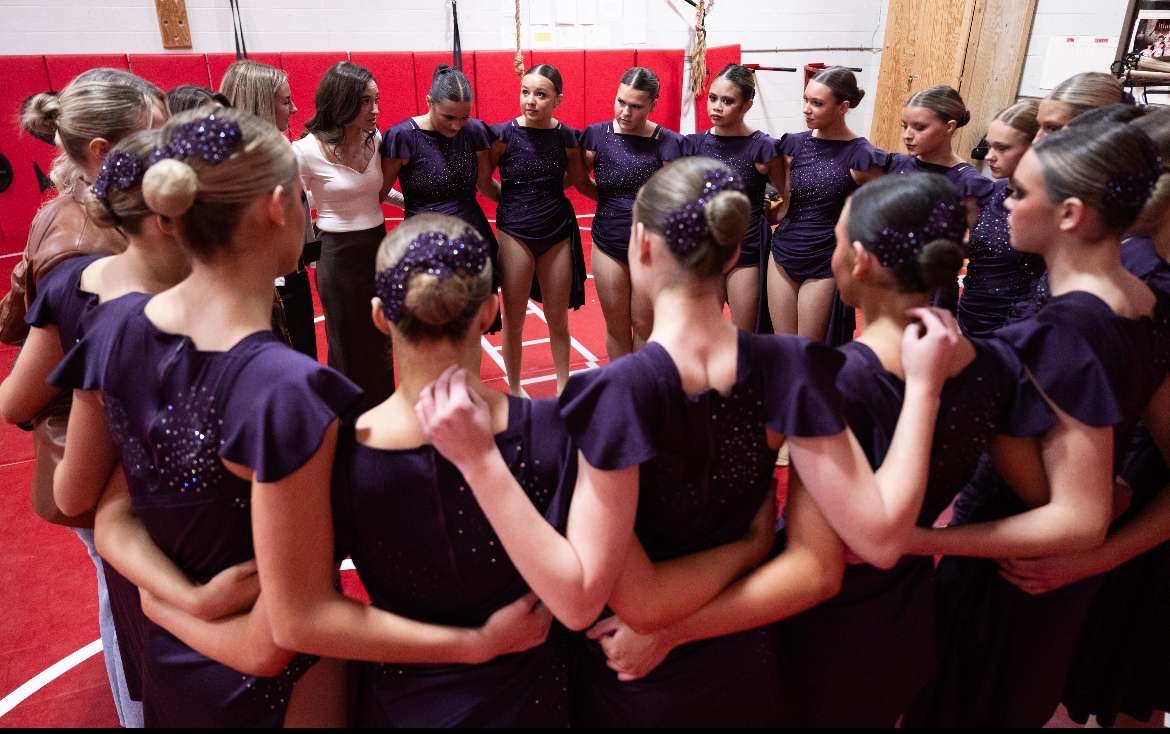

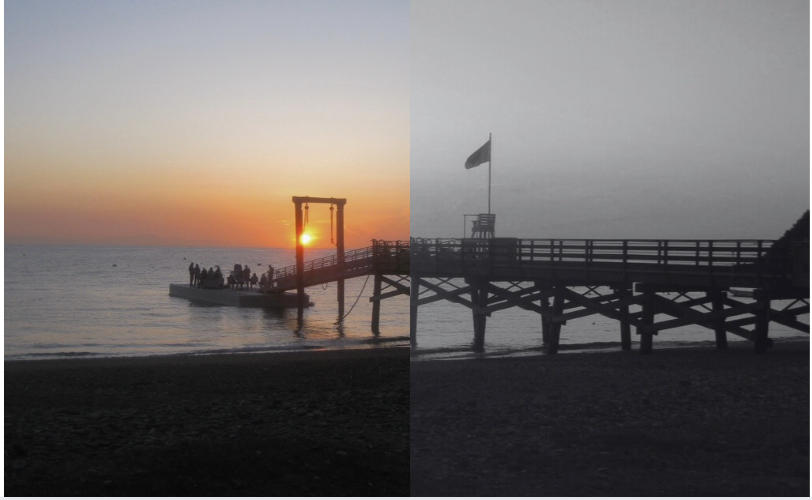

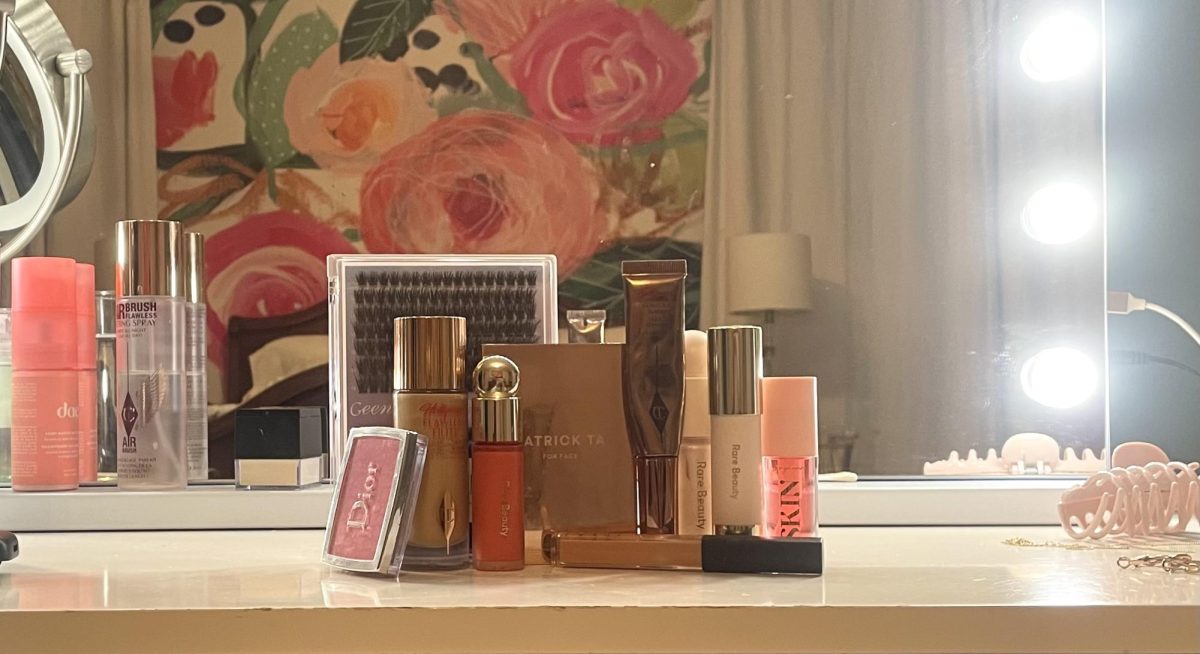

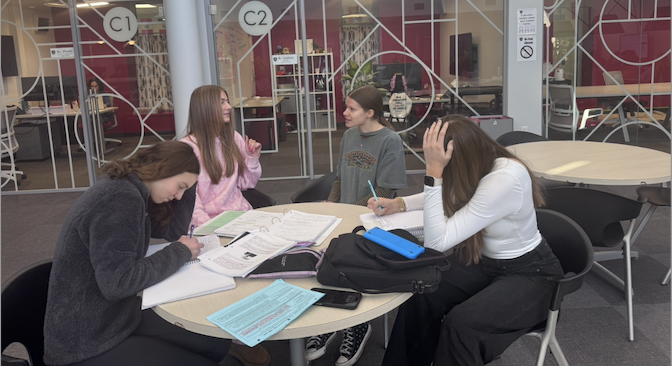
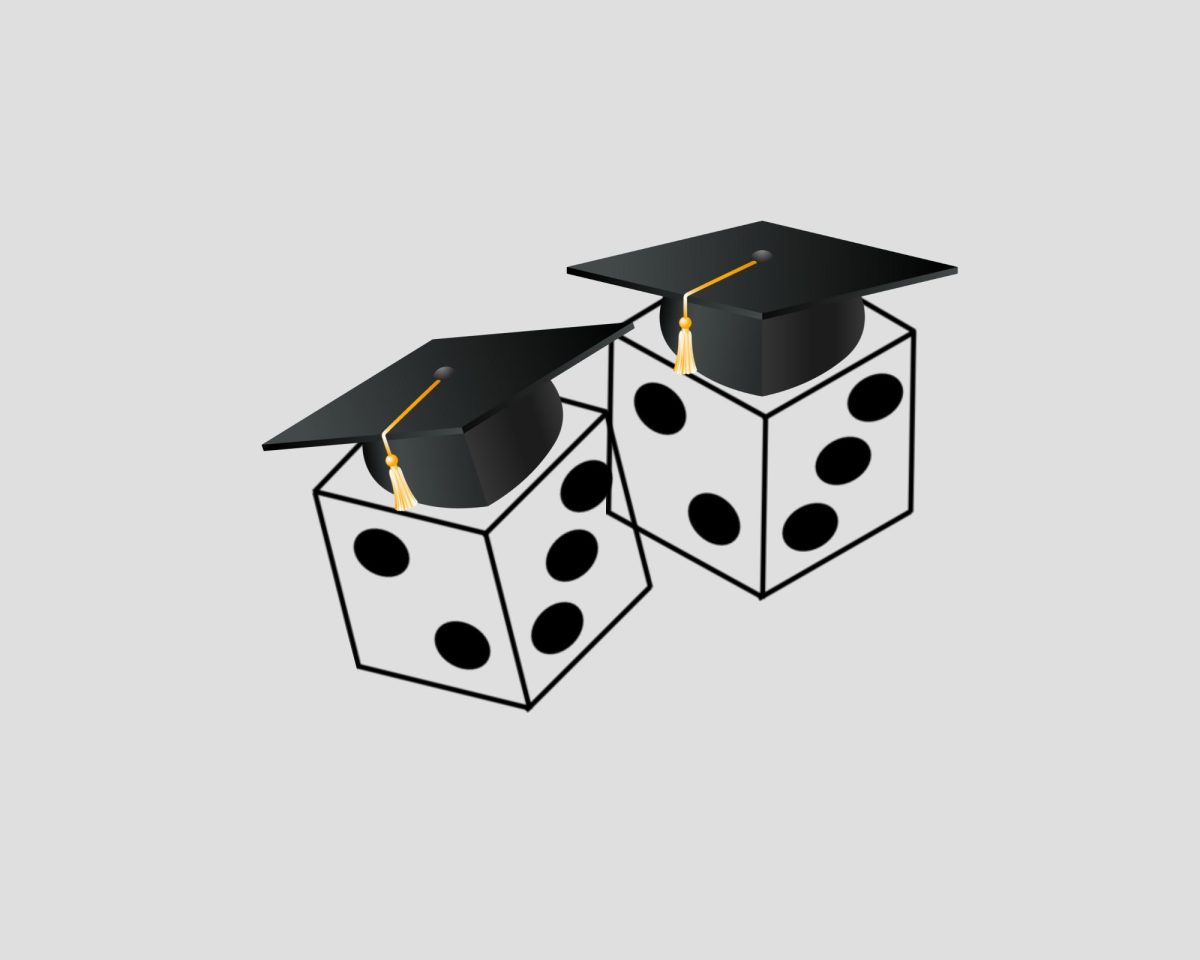
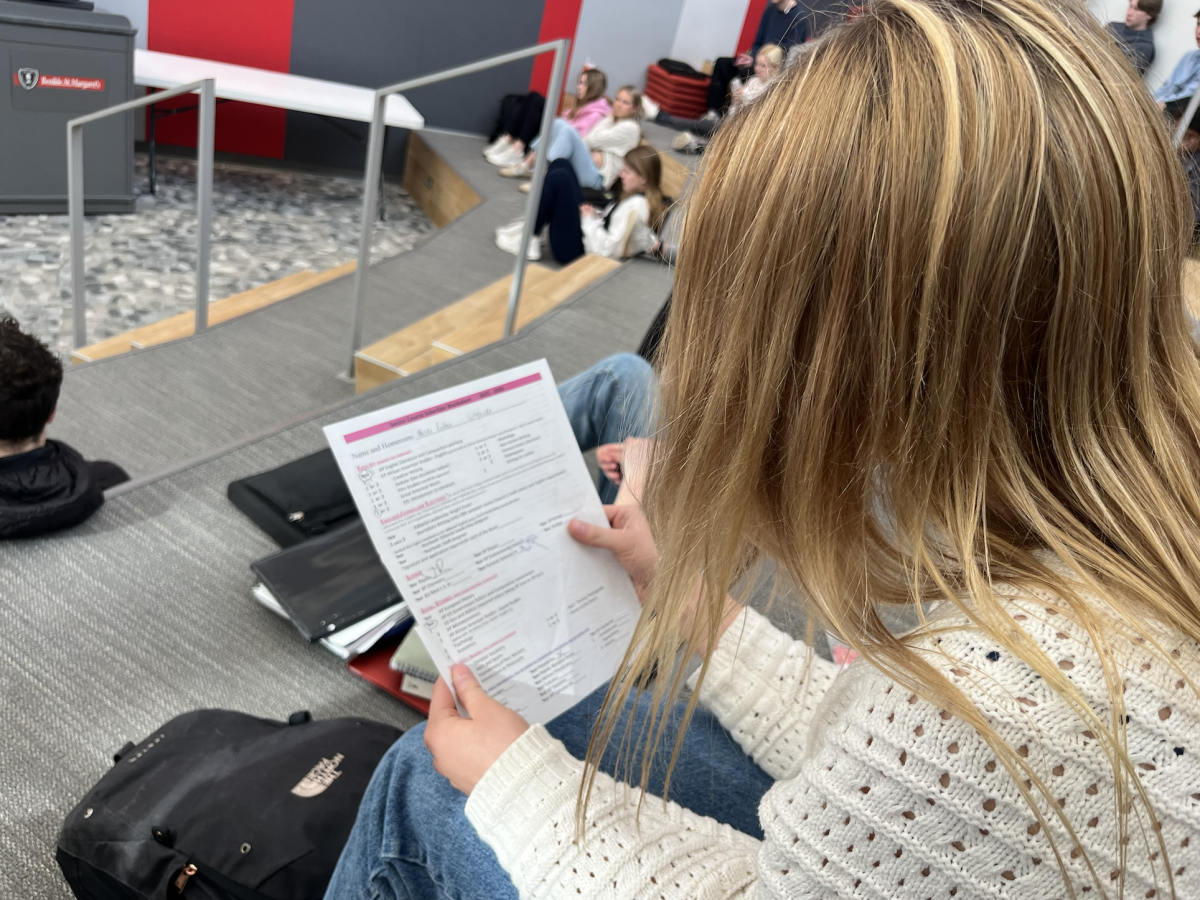
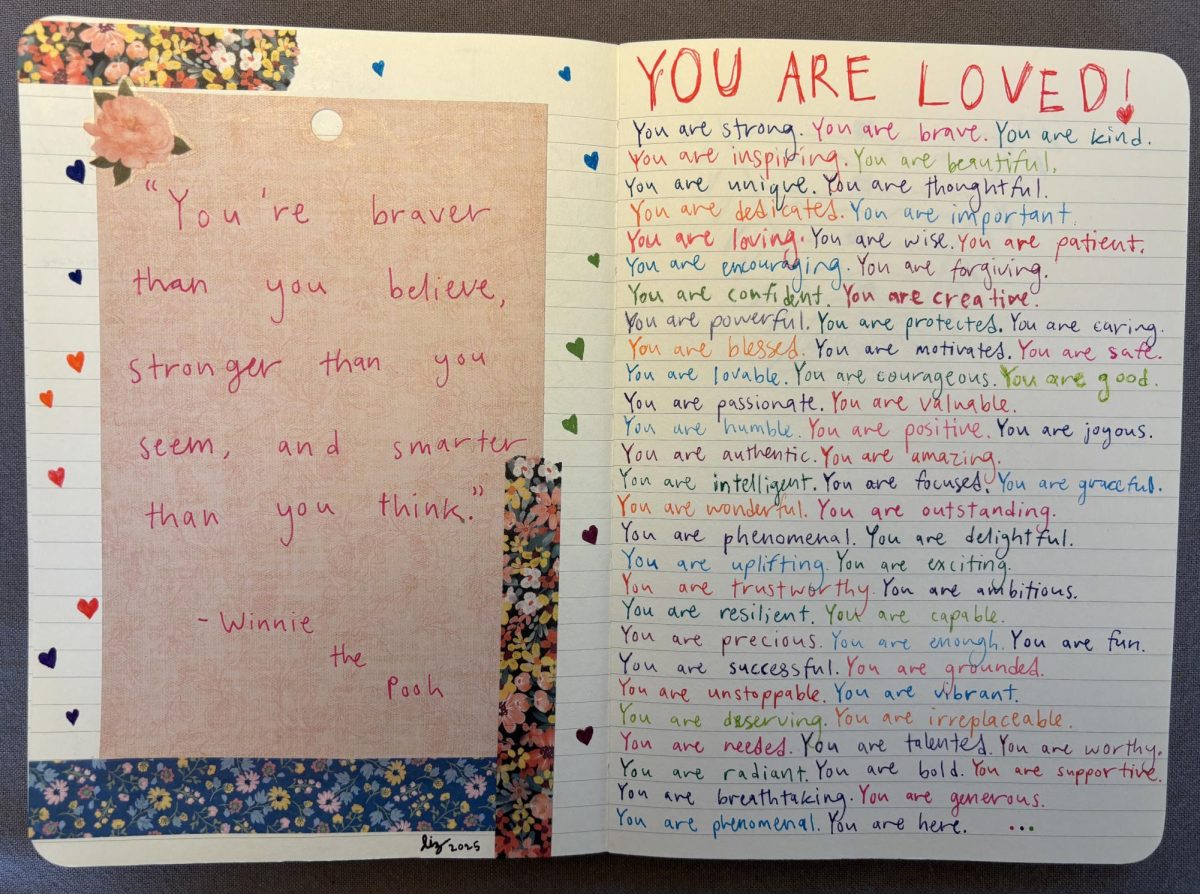
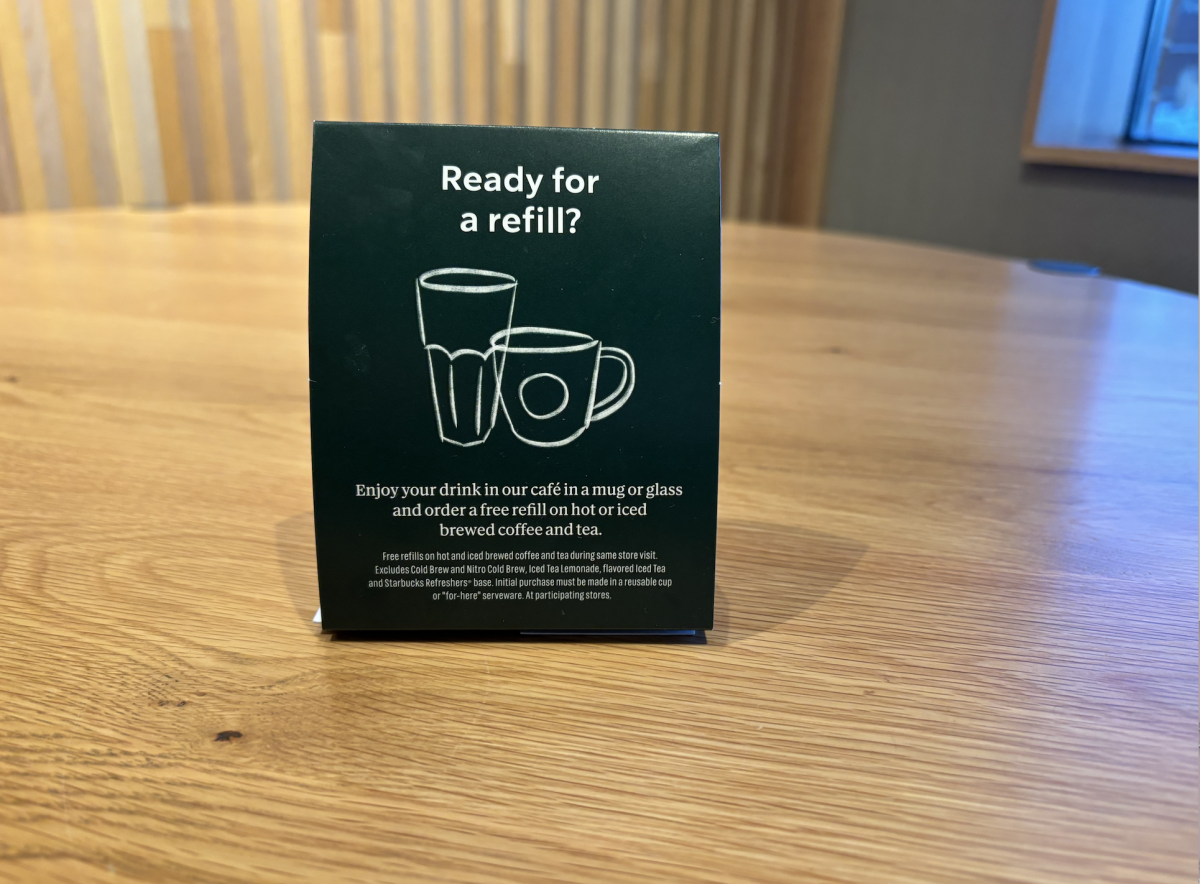



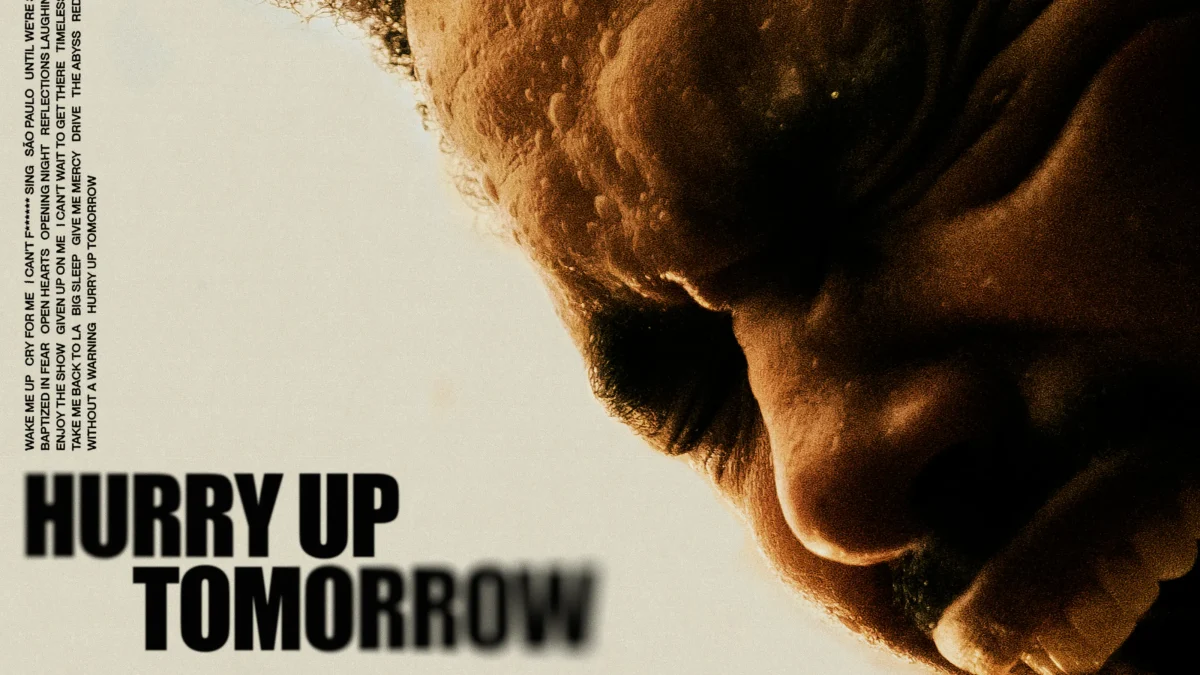






![Teacher Lore: Mr. Henderson [Podcast]](https://bsmknighterrant.org/wp-content/uploads/2025/03/teacherlorelogo-1200x685.png)


